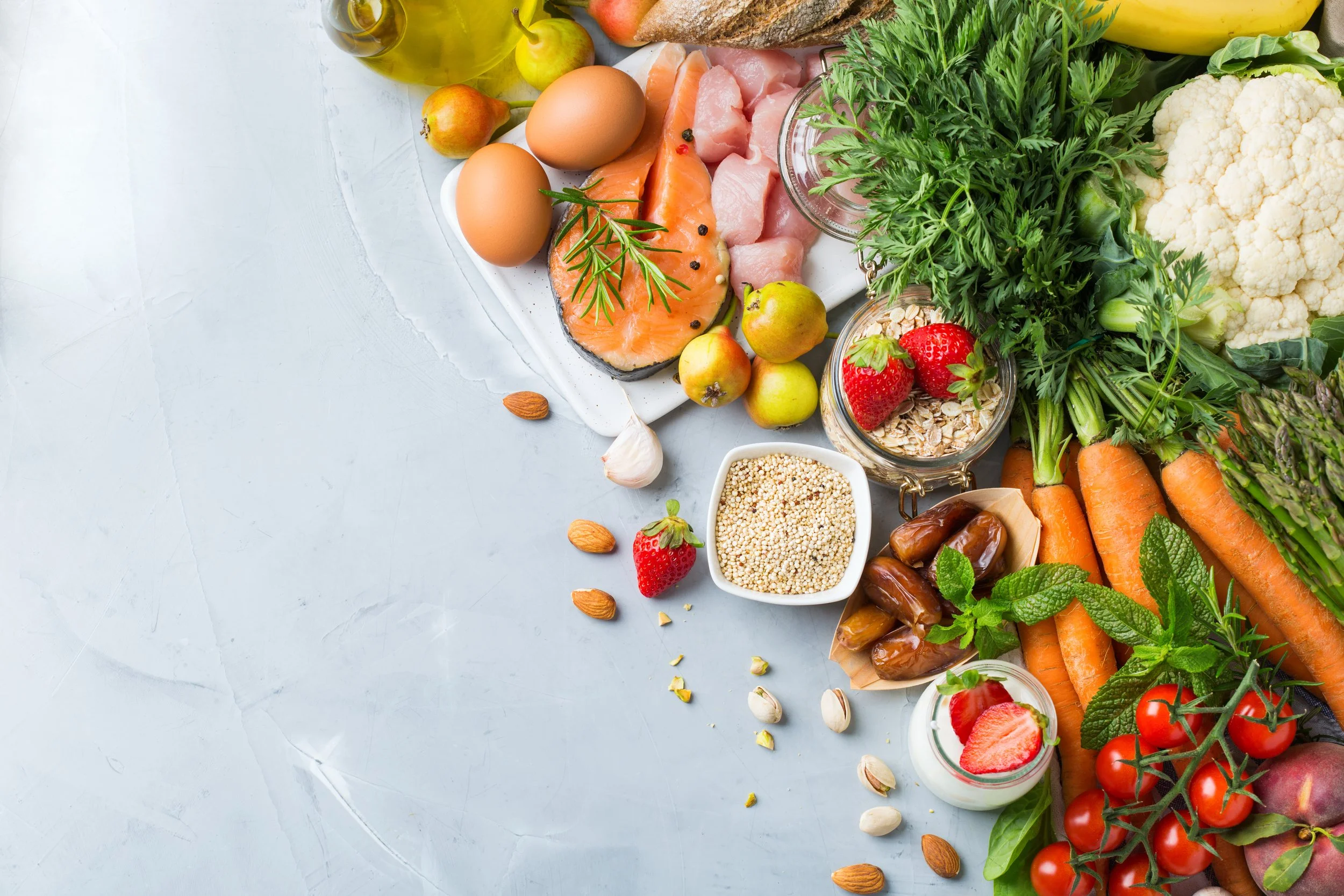Were you recently diagnosed with IBS? Do you think you have IBS? If so, you’ll probably be looking into how to manage your symptoms and get as close to remission as possible. In this post, we’ll take a look at building an IBS diet plan, discuss the low FODMAP diet for IBS, and answer the question, what are the worst foods for IBS?
Tip #1: Get a Refresher on IBS
IBS is an inflammatory condition that affects the intestines. The exact cause is unknown, but we do know that stress and anxiety can exacerbate symptoms. Individuals with IBS may experience symptoms like bloating, gas, abdominal pain and cramping, diarrhea, and even constipation. IBS affects everyone differently, and some triggers might even cause different symptoms in the same person. We also know that certain trigger foods contribute to more intense symptoms.
Tip #2: Build an IBS Diet Plan
There are certain trigger foods that all IBS patients should avoid when starting out their journey to reduce their symptoms. When you go to build your own IBS diet plan, you will incorporate foods that you know do not trigger symptoms and eliminate those that you do know trigger symptoms. Your unique diet might be slightly different from the recommended IBS diet plan, and that’s okay!
Tip #3: Avoid the Worst Foods for IBS
So, what are the worst foods for IBS? Also known as “trigger foods,” these foods are generally those that will ferment in the gut. In our intestines, we have tiny microbes that munch on oligosaccharides, disaccharides, monosaccharides, and polyols. In people with IBS, this process can cause inflammation and all of the other symptoms we mentioned. Here is a list of foods that you should always avoid if you suffer from IBS:
High-fat foods
Spicy foods
Ultra-processed foods
Alcohol
Sweeteners
Some people will also be unable to eat high-fiber foods. Others might need to eat more dietary fiber to avoid symptoms. Many individuals also find that dairy is a trigger food group for them. These variations are why a food diary is usually recommended by professionals.
Tip #4: Try the Low FODMAP Diet for IBS
It would make sense that, since we know what triggers IBS, we can build a diet that avoids all of those triggers.
Note: Keep in mind that, with the help of a food journal, you can work out exactly what your trigger foods are. This will allow you to eat more foods than the diet may allow.
The low FODMAP diet for IBS avoids all fermentable oligosaccharides, disaccharides, monosaccharides, and polyols. On this diet, you will eat foods like:
Dairy-free substitutes
Low-fiber grains like white rice
Eggs and meat
Steamed veggies like carrots, green beans, and squashes
Fruits like berries
Tip #5: Ask our Colorectal Specialists for Help
If you are struggling with the idea of going on a restrictive diet to help your symptoms loosen up, or you haven’t yet been diagnosed with IBS, reach out to our team of colorectal specialists for help today. We can help you determine whether an IBS diet plan will help you!

